Fit for the Future – our commitment to sustainability
- Home
- > Fit for the Future – our commitment to sustainability
Fit for the Future – our commitment to sustainability
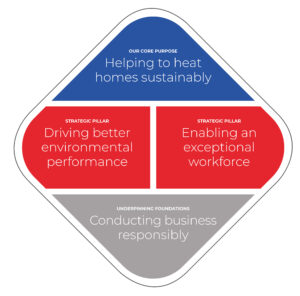
Our strategy is aligned with, and depends upon, the responsible treatment of all stakeholders and the natural environment.
Focusing on the material issues for Stelrad and its stakeholders, our Fit for the Future sustainability framework represents an evolution of our historical ways of working. It is centred around our core purpose: helping to heat homes sustainably. This reflects our vision of the significant role we can play in facilitating the transition to a low and zero carbon heating industry.
Our framework sets out our approach to delivering our business strategy whilst also delivering on our sustainability commitments to stakeholders and the environment. Fit for the Future comprises two strategic pillars. The first, “Driving better environmental performance”, will focus us on reducing our impact on the environment whilst also engaging, educating and influencing others throughout the value chain to achieve an effective transition to the low and zero carbon heating systems of the future. The second, “Enabling an exceptional workforce”, helps our people contribute positively to the delivery of our strategy and our sustainability objectives.
Finally, our sustainability strategy is underpinned by strong governance, exceptional safety standards and effective oversight of supply chain management, which are the structural foundations for achieving our objectives.
Our sustainability highlights
During the past year, this strategic framework has helped us to achieve progress on several sustainability priorities.
- We joined the UN Global Compact initiative, committing to align our operations and strategies with ten universally accepted principles. Visit our profile here.
- We were successfully certified for sending zero avoidable waste to landfill from our UK operations.
- We published additional Environmental Product Declarations for key products sold in Scandinavia.
- We achieved a record low lost time frequency rate, achieving a reduction of 45% from 2023.
- We launched the Green Compact in the UK, made using lower carbon steel, and enabling our customers to make more sustainable product choices and contribute to future decarbonisation.
MATERIALITY
The material focus areas of the Fit for the Future framework were determined in 2022 through an in-depth consultation process with a wide range of the Group’s key stakeholders. This stakeholder engagement was supplemented with an assessment of the market landscape, common practices and industry trends.Each topic was assessed on its significance to stakeholders and the potential impact it could have on our business, resulting in the materiality matrix shown here. Those issues towards the top right of the matrix are the ones with the greatest level of importance, and the labelled topics are the ones identified as material, which are specifically addressed through our Fit for the Future framework. This materiality framework will be refreshed every few years to ensure we continue to focus on the most relevant topics for Stelrad and our stakeholders.

OUR CONTRIBUTION TO THE UN SDGs
At the heart of the United Nations (UN) 2030 Agenda for Sustainable Development are 17 sustainable development goals (SDGs). These provide a shared blueprint for sustainability, applicable to all countries – recognising that ending poverty and other deprivations must go hand-in-hand with strategies that improve health and education, reduce inequality, and spur economic growth – all while tackling climate change and working to preserve our oceans and forests.
We incorporate the principles of the SDGs into our sustainability strategy and have identified seven SDGs as those that align most closely with our activities.
-

The safety and health of our people is our number one priority. We ensure access to healthcare and aid mental health
-

We promote equal opportunities for women, including in STEM and leadership roles. We do not tolerate discrimination
-

We provide productive employment and decent work, and maintain high standards, while targeting responsible growth
-
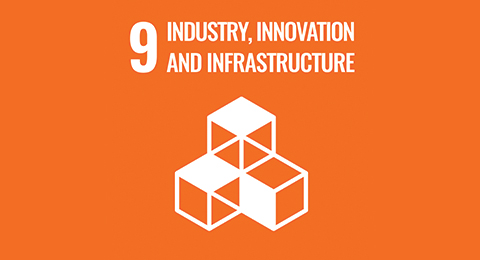
We promote sustainable manufacture and resilient infrastructure and contribute to sustainable industry
-

Our products can deliver low-cost and efficient heat distribution and are suitable for low-carbon heating systems
-
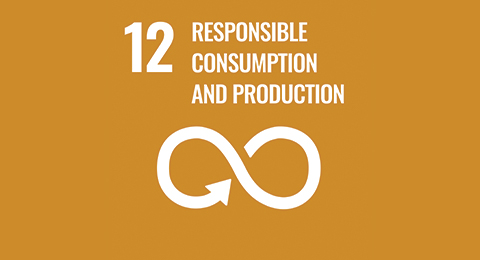
We actively manage our environmental footprint, reducing our resource usage and waste where possible
-

We combat climate change by reducing carbon in our operations and value chains and by supporting the decarbonisation of heating systems
DECARBONISATION
Market participants expect a gradual shift away from current heat source technologies, with hydronic systems likely to remain the long term winners beyond 2030. We have been proactive in introducing and promoting products compatible with low carbon, low temperature heating systems such as heat pumps. We expect that the future of European heating will provide a clear opportunity for higher sales values and increased profitability for the Group.
-

1.
Radiators are a valid and cost effective heat emitter solution for low temperature systems
-
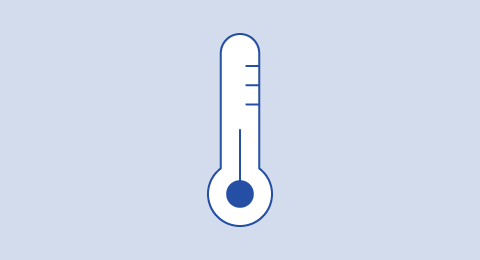
2.
We are producing higher heat output radiators compatible with low temperature systems
-
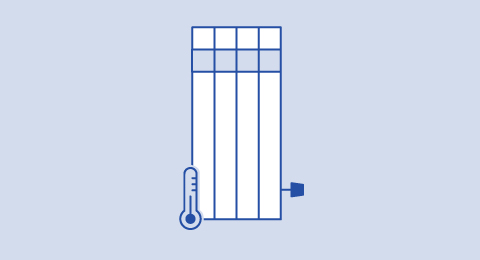
3.
As decarbonisation initiatives vary by country based on regulation and preference of heat source, we continue to develop our product portfolio
-
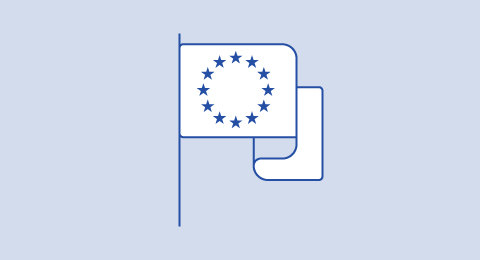
4.
EU countries advancing the decarbonisation agenda through strong regulation and policies
-

5.
Further regulation inevitable given the contribution of heating to CO² emissions
-

6.
UK & EU markets targeting net zero by 2050, with a 55% reduction from 1990 levels by the end of 2030

